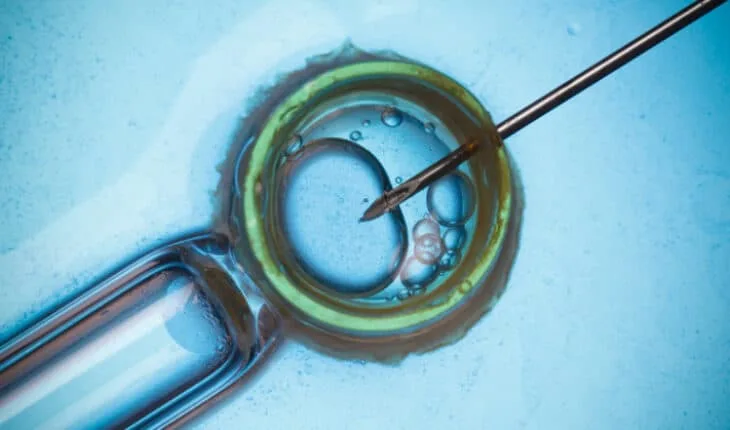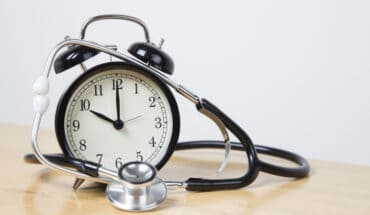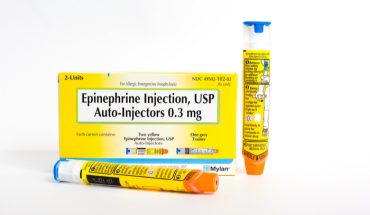Hope and female choice at the heart of a striking Fertility Trends 2021 report, but too many fertility patients are paying for their own medical care; says UK’s national fertility charity, Fertility Network UK, in response to the HFEA’s 2021 Fertility Trends report.
Dr Catherine Hill, interim chief executive of Fertility Network UK, said: ‘Hope and female choice are at the heart of this striking Fertility Trends 2021 report from the Human Fertilisation and Embryology Authority (HFEA). Hope for fertility patients because treatment success rates are at last inching upwards and female choice because it is women taking charge of their fertility who are powering the biggest increases in the sector – choosing to freeze their eggs, or become solo mums, or duo mothers in same-sex relationships.’
‘Are we witnessing the start of a female-driven fertility revolution? If so, the government needs to play catch up because access to NHS-funded IVF for female same-sex couples and would-be solo mums is patchy and poor, with most women paying for their own medical treatment, despite the government’s promises in last year’s Women’s Health agenda to remove non-clinical barriers to treatment.’
‘The HFEA’s data also highlights the average age of IVF patients is around 5 years higher than women who conceive naturally. That isn’t surprising considering when fertility patients eventually get to start IVF treatment they typically have been trying to conceive for multiple years. For example, if women are under 35, they must have been trying to conceive for at least 2 years before their GP will refer them for fertility tests and investigations. Waiting times for these procedures can be 2 years or more in parts of the country, and when patients are finally referred to a fertility clinic, there can then be a further wait before IVF begins.’
‘The impact of shockingly long waiting times in secondary care for fertility tests and investigations is also beginning to show in the falling number of NHS cycles funded during 2019-2021. In Wales, where waiting times for tests like laparoscopies can be particularly long, over a third fewer NHS-funded IVF cycles were carried out. Fertility Network is aware that, with time of the essence for fertility patients, some patients who can afford to pay for private treatment, choose to do so, rather than wait years and years for NHS tests and treatment.’
‘This should not be happening: the UK pioneered fertility treatment. We have had longer than anyone to get it right but nearly 45 years on, most patients with a reproductive health problem, must pay for their own fertility treatment. As a healthcare system, we are failing fertility patients. This needs to change now.’
1. Fertility Network UK provides practical and emotional support, authoritative information and advice for anyone experiencing fertility issues. The charity works to raise the profile and understanding of fertility issues and to push for timely and equitable provision of fertility treatment throughout the UK. www.fertilitynetworkuk.org
2. Fertility Network UK provides a free and impartial Support Line open from 10am to 4pm. Mon, Wed and Fri: 0121 323 5025, [email protected] Tues and Thurs: 07816 086694, [email protected]
3. Fertility Network UK supports people. We rely on voluntary donations to continue our vital work. You can donate now via text; text FNUK plus the donation amount to 70085. Or you can donate by visiting www.justgiving.com/fertilitynetwork
- New lipid-based pathway discovered as key to memory formation - 25th June 2025
- Crucial link could explain how Alzheimer’s takes hold - 25th June 2025
- Understanding Your Mind Can Improve Daily Life - 25th June 2025







